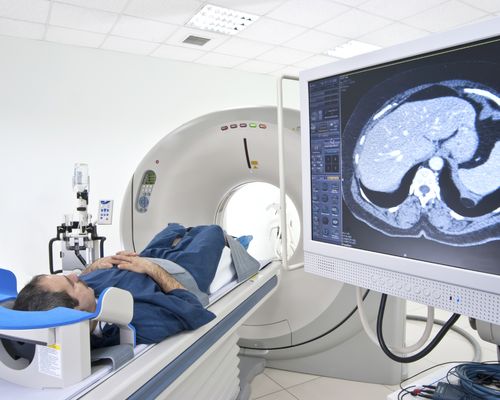Developing digital technologies to improve the quality of distance diagnosis and medical decision-making
With European backing (ITEA2 program), the MEDUSA (Medical Distributed Utilization of Services and Applications) research project aims to enable critical medical interventions performed at distance by providing medical practitioners with the most advanced technologies to improve the quality of diagnosis, the efficiency of care, and faster intervention times. Working alongside several industrial partners, technology firms and hospitals in France and the Netherlands, researchers at Télécom SudParis, the project’s academic partner, will be contributing their expertise in 3D medical imaging, data protection and virtual interaction.
From technological research to new healthcare services
The MEDUSA project is using the new opportunities offered by cutting-edge image processing techniques, real-time processing and remote mass data exchanges, as well as collaborative environments. Its goal is to develop new services with particular emphasis on:
- advanced imaging systems allowing local or remote processing on fixed or mobile devices, smoothly and efficiently, while assuring data security and respect of privacy
- collaborative virtual working environments in which patient data are collected and made available for clinical treatment
- assistance in medical diagnosis, allowing physicians to meet virtually around a patient in order to establish a diagnosis and decide on a treatment.
Expertise of the Télécom SudParis researchers
The project involves industrial partners such as Philips, Bull and Cassidian CyberSecurity, tech firms (Prologue, Dosisoft, Imstar, Sopheon, Technolution), and hospitals such as the Academic Medical Center University of Amsterdam, the Institut Gustave Roussy and Pitié Salpêtrière Hospital. On the academic side, researchers from Télécom SudParis will be providing their expertise in 3 areas:
- 3D medical data analysis, adapting investigation tools to the collaborative working environment to be developed in this project and adding new clinical features dedicated to MEDUSA cases,
- medical data protection via watermarking techniques,
- navigation and virtual interaction, specification of architectures for data exchanges, and depiction/analysis/coding of heterogeneous visual content (image/video/3D)
For Télécom SudParis there will also be the added interest of developing industrial solutions based on two patents filed in partnership with Armines (Mines ParisTech) and Prologue (also a member of the MEDUSA consortium). The project will come to an end in December 2015 and industrialization of the results will begin in 2016.


